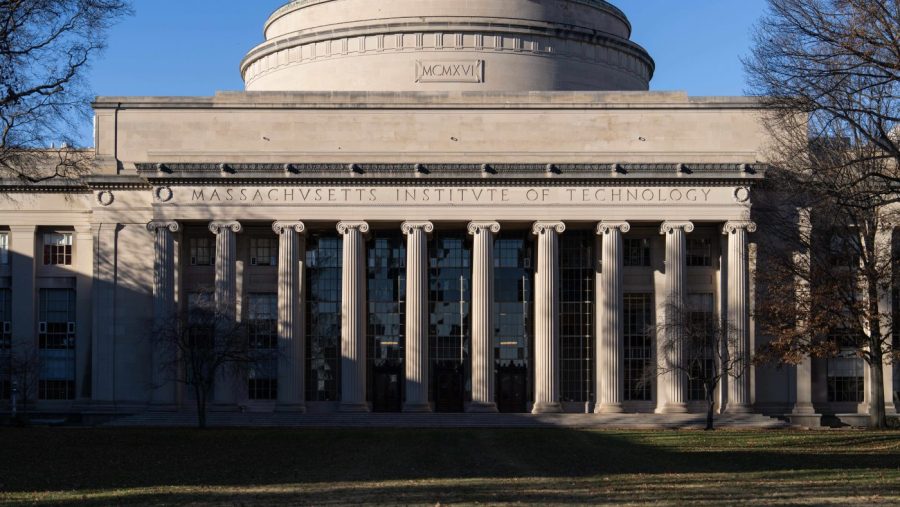
A new motion filed Monday in a lawsuit spanning back two years accuses elite colleges of secretly favoring the wealthy in the admissions process and demanding $685 million in damages.
The new filing says the schools — including the University of Pennsylvania, Georgetown University, the Massachusetts Institute of Technology, Cornell University and others — participated in a “price-fixing cartel.”
The lawsuit was filed by former students against more than a dozen elite schools back in 2022, most of which have settled with the plaintiffs.
But five schools are facing accusations they were letting in certain students based on wealth and donations of their families.
One example in the motion accused a former president of Georgetown University of putting 80 students on a special list due to their family’s wealth or donations, saying most of them got in.
The plaintiffs say universities were supposed to participate in “need-blind” admissions and that using wealth as a factor violated the law.
The schools deny the allegations and argue they have spent hundreds of millions on scholarships for low-income families.
“In short, MIT has no history of wealth favoritism in its admissions; quite the opposite. After years of discovery in which millions of documents were produced that provide an overwhelming record of independence in our admissions process, plaintiffs could cite just a single instance in which the recommendation of a board member helped sway the decisions for two undergraduate applicants,” MIT said in a statement.
The University of Pennsylvania is accused of designating some students as people of interest, with their admission rate drastically increasing under that label.
Lawyers for the defense are also arguing the $685 million in damages was determined by “junk science.”
The Hill has reached out to the plaintiffs’ lawyers, along with the University of Pennsylvania and Cornell University, for comment.












